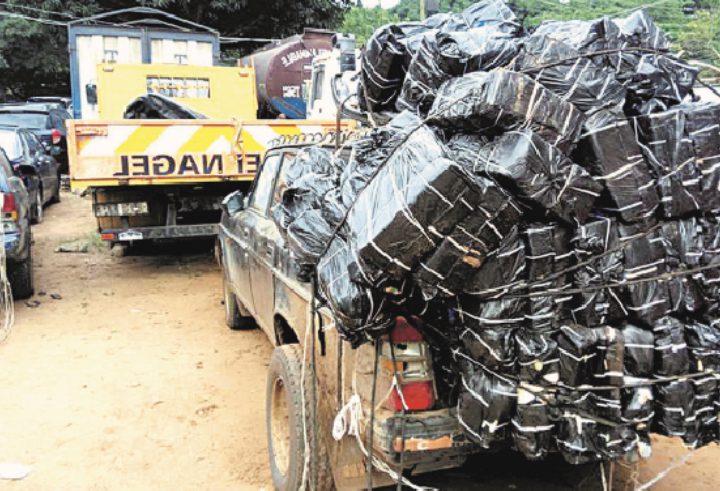Despite the potential of digitalisation in achieving regional integration, Africa experiences relatively slow adoption. Delays in clearing goods at countries’ borders and ports impede their timely and cost-efficient movement across the continent. Sub-Saharan Africa ranks lower in the border logistic index than the rest of the world. Import and export goods get delayed at borders due to administrative burdens and paperwork. One way to mitigate these challenges is by digitalising custom operations and clearance for efficiency and timeliness.
Over the last ten years, digitalisation has become a driver of economy and innovation in the financial and telecommunication sectors in Nigeria, South Africa, Kenya, and Egypt. There is enormous potential in leveraging digitalisation to scale up the Africa Continental Free Trade Agreement (AfCFTA) and address barriers to trade across the continent. The free movement of goods and persons across borders is critical to the success of the AfCFTA. The ability of goods and people to move across borders efficiently characterizes a strengthened regional chain.
AfCFTA heavily relies on moving people and goods across borders and ports. Goods sometimes pass through different borders as they undergo various value-addition processes before becoming finished products. A country’s readiness to trade is evident in the ease at which people and goods pass through its borders/ports. As observed across African borders, administrative issues like obtaining permits and clearance procedures are often daunting and time-consuming. These processes involve too many touchpoints in document verification. The long process often results in additional costs to importers and exporters…
To read more, check full article at the Leadership Newspaper.

